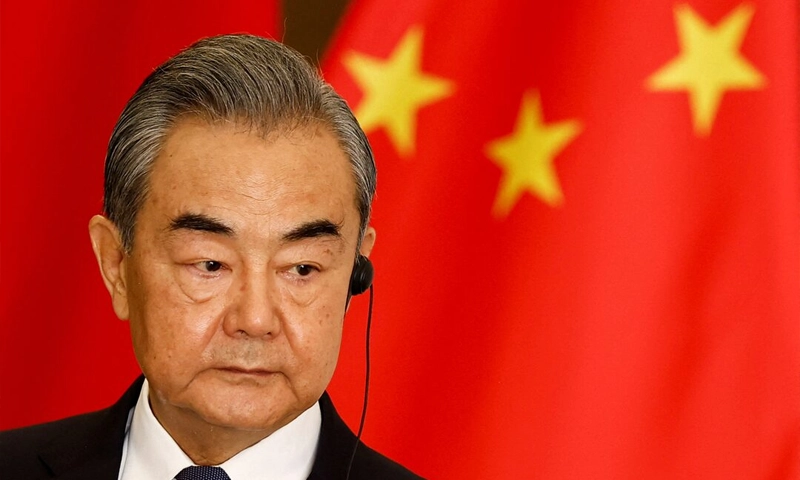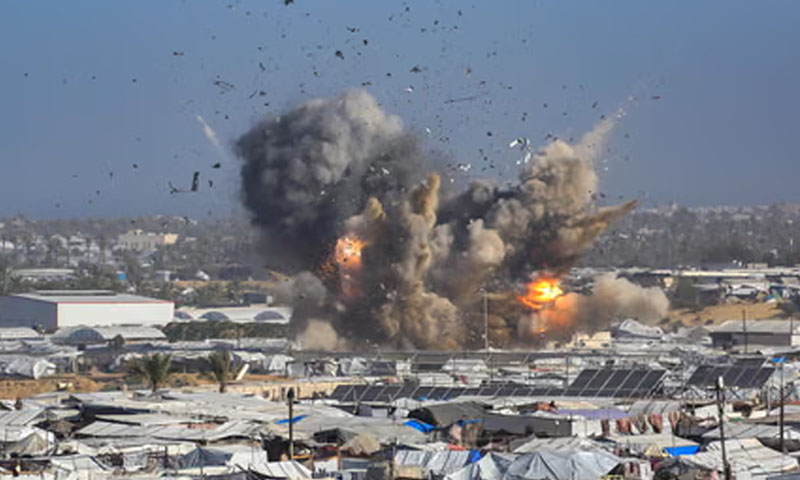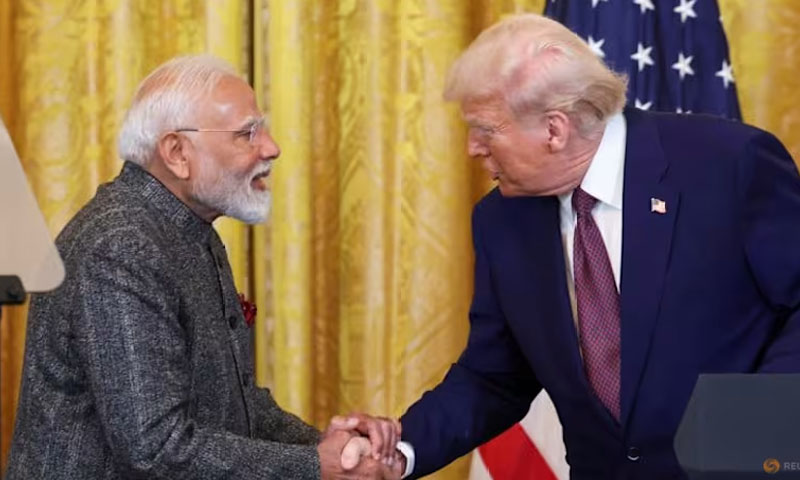- Web Desk
- Yesterday
China on Iran issue: No peace through force, pressure won’t work

KUALA LUMPUR: China’s foreign minister told his Russian counterpart on Thursday that China and Russia should strengthen strategic coordination to promote peace in the Middle East, according to a ministry statement, Reuters reported.
Wang Yi said the two countries should push for a diplomatic solution to the Iran nuclear issue, as he met with Russia’s Sergei Lavrov in Kuala Lumpur, China’s foreign ministry said.
“Peace cannot be achieved through force, and applying pressure won’t solve problems,” Wang said, adding that dialogue and negotiations were the way out.
SUPPLY CHAIN CONNECTIVITY
Separately, Wang, in his address to the ASEAN summit, stressed the need for expanding cooperation in green transition, as he promised close collaboration in electric vehicles as well as supply chain connectivity.
The remarks came the tariffs imposed by US President Donald Trump have threatened to disrupt not only global economy but also geopolitics.
Last week, China vowed to safeguard its own rights and interests if needed, saying Beijing firmly opposes any party reaching a deal at the expense of Chinese interests.
The comments came over the US-Vietnam trade deal, which stipulates a 40 per cent tariff on goods passing through the country to circumvent steeper trade barriers – a practice called “transshipping”.
Washington has accused Hanoi of relabelling Chinese goods to skirt its tariffs, but raw materials from the world’s number two economy are the lifeblood of Vietnam’s manufacturing industries.
That’s why China also made it clear that relevant negotiations and agreements should not target or harm the interests of any third party.
‘ARBITRARY TARIFFS’ WON’T WORK
And on Thursday, China said that “arbitrary tariffs” such as the 50 per cent levy on copper announced by Trump on national security grounds “serve no party’s interests”.
“We have always opposed the overstretching of the concept of national security,” foreign ministry spokeswoman Mao Ning told a regular news conference.
At the same time, she said, “We have also always believed that there are no winners in tariff wars and trade wars, and the arbitrary imposition of tariffs serves no party’s interests.”
Trump announced on Wednesday that a US “national security” levy of 50 per cent on imports of copper, a key metal for green energy and other technologies, would come into effect on August 1.
Copper demand has surged in recent years as the world transitions to cleaner energy, with the metal needed for solar panels, wind turbines and electric-vehicle batteries.
The International Energy Agency forecasts that global copper consumption will increase by more than 25 percent to 33 million tonnes by 2035, from 26 million in 2023.
Trump’s aggressive trade blitz has rattled global markets since his return to office in January.
He ordered an internal assessment in February on whether limited copper imports posed a threat to US national security.
Trump later promised to implement tariffs on copper, mirroring similar action on other key metals aluminium and steel, driving up prices as US buyers built up reserves.





